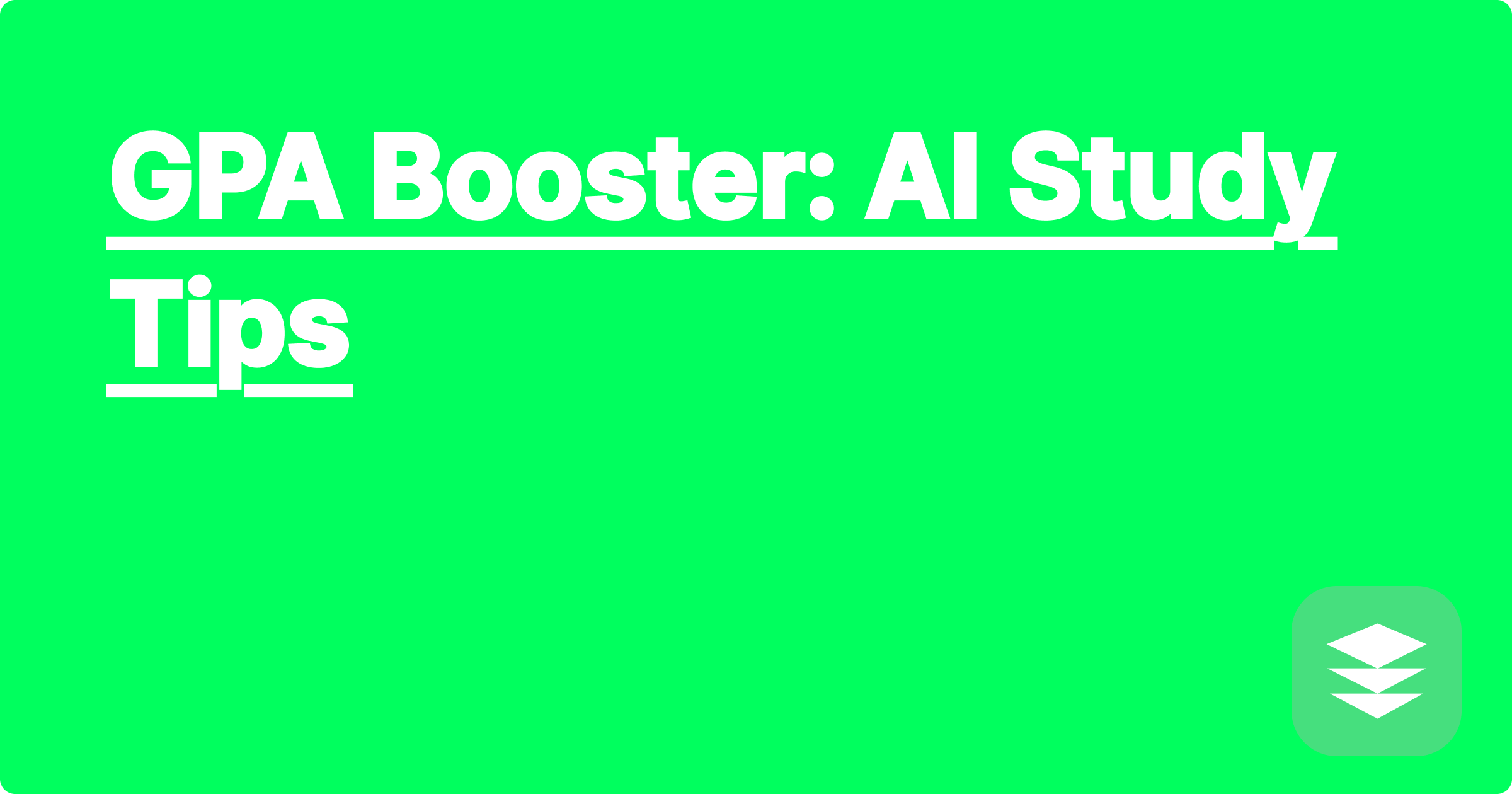
The demanding nature of STEM fields often presents a significant challenge for students and researchers striving for academic excellence. Balancing complex coursework, rigorous research, and personal commitments can be overwhelming. Fortunately, the rise of artificial intelligence offers a powerful set of tools that can significantly enhance learning, research productivity, and ultimately, GPA. AI-powered study tools can provide personalized support, streamline complex tasks, and unlock new avenues for understanding, offering a potential solution to the demanding nature of STEM education.
This matters significantly for STEM students and researchers because academic performance directly impacts future opportunities. A strong GPA can open doors to prestigious graduate programs, competitive research positions, and lucrative career paths. Furthermore, effectively utilizing AI tools in academic pursuits equips students with valuable skills for a future increasingly shaped by these technologies. Mastering these tools not only improves current academic performance but also prepares individuals for a competitive edge in their future careers.
STEM fields are characterized by their inherent complexity and the sheer volume of information students and researchers are expected to master. This includes intricate theories, complex formulas, vast datasets, and often demanding programming languages. Furthermore, traditional study methods often rely on rote memorization and passive learning, which can be inefficient and ineffective for truly grasping the underlying concepts crucial for success in STEM. The sheer breadth and depth of the material, coupled with the need for deep understanding and practical application, create a challenging environment where students often struggle to keep up, let alone excel. This challenge is further exacerbated by the fast-paced nature of scientific advancements, requiring continuous learning and adaptation to stay current in one's chosen field.
Artificial intelligence offers a transformative approach to STEM education and research. AI-powered tools like ChatGPT, Claude, and Wolfram Alpha can provide personalized tutoring, explain complex concepts in accessible language, generate practice problems, and even assist with coding and data analysis. ChatGPT and Claude, for instance, can be used to break down complex theories into simpler, more digestible explanations. They can also provide alternative perspectives on challenging topics and offer personalized study guides tailored to individual learning styles. Wolfram Alpha excels in computational tasks, solving complex equations, providing step-by-step solutions, and visualizing mathematical concepts. By leveraging these AI tools, students and researchers can move beyond passive learning and engage with the material in a more interactive and effective way.
To begin utilizing AI for study, start by identifying specific areas where you need assistance. This might be a challenging physics concept, a complex mathematical proof, or a coding problem you're struggling to debug. Once you have identified your specific need, select the appropriate AI tool. For conceptual understanding and explanation, ChatGPT or Claude are excellent choices. For computational tasks and problem-solving, Wolfram Alpha is a powerful tool. Next, formulate a clear and concise prompt or query for the AI. For example, if you're struggling with understanding the concept of quantum entanglement, you might ask ChatGPT, "Explain quantum entanglement in simple terms and provide an analogy." Once you receive the AI's response, carefully review the information provided. If necessary, ask follow-up questions to clarify any remaining doubts or delve deeper into specific aspects of the topic. Finally, integrate the AI-generated insights into your overall study plan. Use the information to reinforce your understanding, generate practice problems, or create personalized study guides.
Consider a student struggling with the concept of derivatives in calculus. They can use Wolfram Alpha to not only calculate derivatives of complex functions but also visualize the graphical representation of the derivative. For example, entering "derivative of x^3 + 2x^2 - 5x + 1" into Wolfram Alpha will provide the derivative (3x^2 + 4x - 5) along with a graphical representation of the original function and its derivative. Similarly, a student researching the applications of machine learning in medical imaging can use ChatGPT to gather information on different machine learning algorithms, their advantages and disadvantages, and specific examples of their use in medical image analysis. They could then use Claude to summarize research papers on this topic and identify key trends and future research directions. These examples demonstrate the practical application of AI tools in diverse STEM fields.
To maximize the benefits of AI in your STEM studies, focus on using these tools actively and strategically. Don't simply rely on AI to provide answers. Instead, use it as a tool to enhance your understanding and engage with the material more deeply. Ask probing questions, challenge the AI's responses, and actively seek to connect the information provided to your existing knowledge. Furthermore, remember that AI is a tool, not a replacement for traditional learning methods. Combine AI-powered study with active recall, spaced repetition, and other proven learning techniques to solidify your understanding and improve retention. Finally, be mindful of the limitations of AI. While these tools are incredibly powerful, they are not infallible. Always critically evaluate the information provided and consult with your professors or other trusted sources to verify the accuracy and completeness of the AI-generated content.
In conclusion, AI offers a powerful suite of tools that can significantly enhance learning and research in STEM fields. By understanding the capabilities and limitations of these tools and integrating them strategically into your study routine, you can unlock new levels of understanding, improve your academic performance, and prepare yourself for a future increasingly shaped by artificial intelligence. Start exploring these tools today and discover how they can help you achieve your academic goals and excel in your chosen STEM field. Don't hesitate to experiment with different AI platforms and find the ones that best suit your individual learning style and research needs. The future of learning is here, and it's powered by AI.
AI Lab Assistant: Boost Efficiency
AI Math Tutor: Solve Any Problem
AI Research Tool: Data Insights